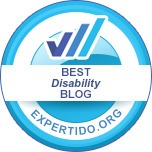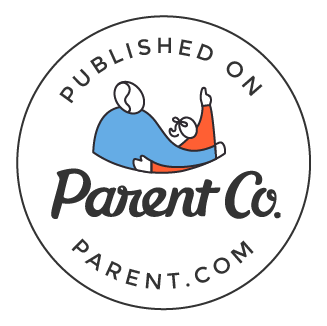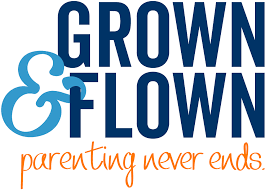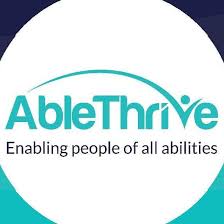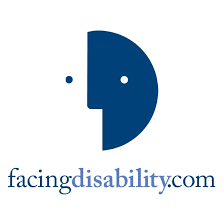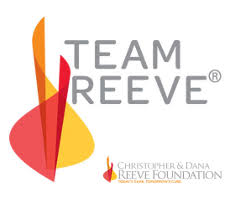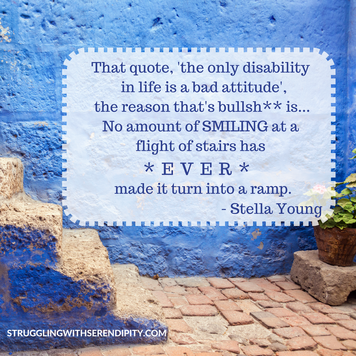 (This blog tells my family's story. To see more, click "blog" at the top of this webpage.) In early December, the annual Christmas party of the spinal cord injury group filled a big hall in Toledo. Beth made a frequent request: to not park in a handicapped space. We left the space for those who needed it more. Other parents offered me effortless conversation. We lived in the same world, one with the added dimension of disability. I heard stories of spina bifida, cerebral palsy, spinal cord injury, and multiple sclerosis, of wins and losses. Surrounded by significant disability, my emotional battle seemed pathetic. Despite the obvious perspective, my depression wouldn’t budge and generated senseless comparisons. A wide gulf separated two typical hands with ten functioning digits from two paralyzed hands like Beth’s, with one finger she could move a little bit. Another contrast: the ability to stand for at least a few moments made transfers and changing clothes a cinch—in comparison to her inability to bear any amount of weight. Our new friends at the party understood the complexity of movement. They also knew that Beth's dimpled smile did not negate the many challenges of quadriplegia. “No amount of smiling at a flight of stairs has ever made it turn into a ramp,” said Stella Young, a disability advocate. The saying on one of Beth’s t-shirts read, “Stairs, the Final Frontier.” I expected to hold my daughter's plate at the buffet line, but she put a plate on her lap and let me help only with items she couldn’t reach. Then, for the first time, she picked up an open cup full of punch that dripped over the top as her left hand compressed the plastic with the tenodesis grip. The bottom side of the same hand slightly pushed one of the big wheels, while the right hand moved the chair forward, since one-handed wheeling turned a chair in circles. Nervous, I tried to assist with a gentle push and she immediately said, “Don’t.” She willingly accepted the inevitability of small spills along the way and the bigger risk of dropping it. I followed her slow progress to a nearby table where she concentrated on releasing the cup with care. A minute later, Beth picked up the wet cup to take a drink. It slipped from her grasp, the liquid pooling on and off the table. I cleaned it up and set another full cup in front of her—without asking first. After the party, Beth’s new anxiety with night driving surfaced. I encouraged her to close her eyes and rest. She couldn’t relax. I didn't like driving in the dark, either, but I focused on getting home safely and started her new N’Sync Christmas CD. We sang along, quietly.
2 Comments
Kathy Shuff
9/13/2016 01:15:50 pm
No words can describe the emotional roller coaster I feel when reader your blog. Even if you don't think you were handling it you were and are. You are an amazing family with strong women.
Reply
Cindy Kolbe
9/13/2016 07:14:28 pm
Thanks so much, Kathy! It was an emotional roller coaster for me, too. Any strength I have/had, I learned from the best. I'll always be grateful that Beth was strong enough to lead the way.
Reply
Your comment will be posted after it is approved.
Leave a Reply. |
Cindy KolbeSign up for my Just Keep Swimming Newsletter by typing your email address in the box. Thanks!Categories
All
Archives
November 2022
|

 RSS Feed
RSS Feed
